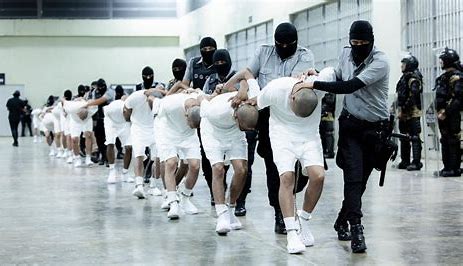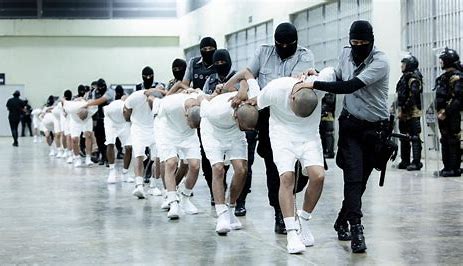
There has been much talk in the U.S. about the Trump administration’s use of the Alien Enemies Act for deporting alien criminals. Once again, most don’t know or understand this law. I’ve included the actual text of two sections that are significant concerns. A link to the whole law is below. Is Trump misusing this law? You decide.
The Alien Enemies Act, codified under 50 USC Chapter 3, was originally enacted in 1798 as part of the Alien and Sedition Acts. It remains active to this day and grants the U.S. government specific powers during times of war or declared emergencies involving foreign nations. The Act focuses on the treatment of individuals classified as “alien enemies” and outlines procedures for their regulation during such periods.
Subtitle 21: Restraint, Regulation, and Removal
Subtitle 21 empowers the President of the United States to take measures against individuals considered “alien enemies.” Under this subtitle:
- The President may apprehend, restrain, secure, or remove individuals who are citizens or nationals of a hostile foreign nation or government.
- These powers’ scope applies only during declared war or invasion.
- Individuals targeted under the Act are not granted the same legal protections as U.S. citizens during emergencies.
The provisions under Subtitle 21 are meant to address perceived security threats by allowing the executive branch to act decisively against individuals with ties to hostile foreign nations. I believe the keywords have to do with HOSTILE FOREIGN NATIONS.
Tren de Aragua, a Venezuela gang, has been tied to the Maduro Venezuelan government, which is now considered a hostile government by the U.S.
MS-13, also known as Mara Salvatrucha, is not aligned with any government. It is a transnational criminal organization that originated in Los Angeles and later expanded to Central America. The gang operates independently and is involved in various illegal activities, including drug trafficking, extortion, and violence.
However, MS-13 has been known to use violence and intimidation to influence local governments and populations, particularly in Central America. For example, in El Salvador, the gang has been reported to manipulate electoral processes and target government officials. This does not indicate alignment but rather an adversarial relationship with governments.
Subtitle 23: Jurisdiction of U.S. Courts and Judges
Subtitle 23 defines the role of U.S. courts in relation to the Alien Enemies Act. It grants:
- Limited jurisdiction to U.S. courts to review actions or cases brought under the Act.
- Certain powers to judges to address disputes or matters arising from the application of the Act.
While the courts do have a duty to conduct a complete examination and hearing on such complaint, and sufficient cause appearing, to order such alien to be removed from the territory of the United States.
However, the Act grants significant discretion to the executive branch, limiting how much the judiciary can intervene. This dynamic emphasises national security and swift action during wartime scenarios.
Key Elements of the Alien Enemies Act
The Alien Enemies Act primarily addresses individuals who:
- Hold citizenship or nationality from a country at war with or hostile to the United States.
- Are present within U.S. territory during the period of declared war or emergency.
It establishes a framework for identifying, monitoring, and, if necessary, removing individuals who may pose a threat due to their ties to foreign nations. The Act also delineates procedures for handling property owned by such individuals.
Historical Context and Applications
The Act has been invoked during multiple conflicts in U.S. history, such as:
- During World War I and II, it was used to detain individuals from enemy nations who resided within the United States.
- The internment of Japanese Americans during World War II also reflected principles related to the Act, though the internment policy was carried out under separate executive orders.
While the Alien Enemies Act remains part of U.S. law, its application has been relatively rare, reflecting evolving national security and civil rights approaches.




